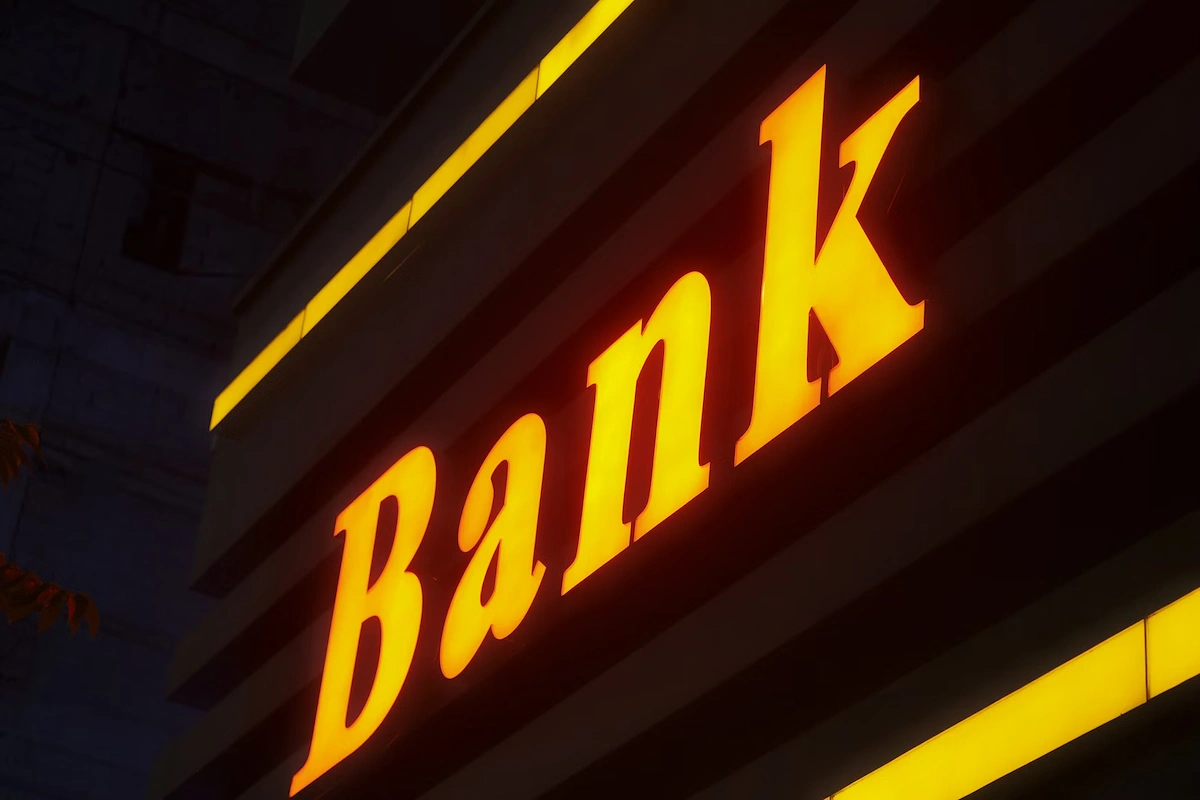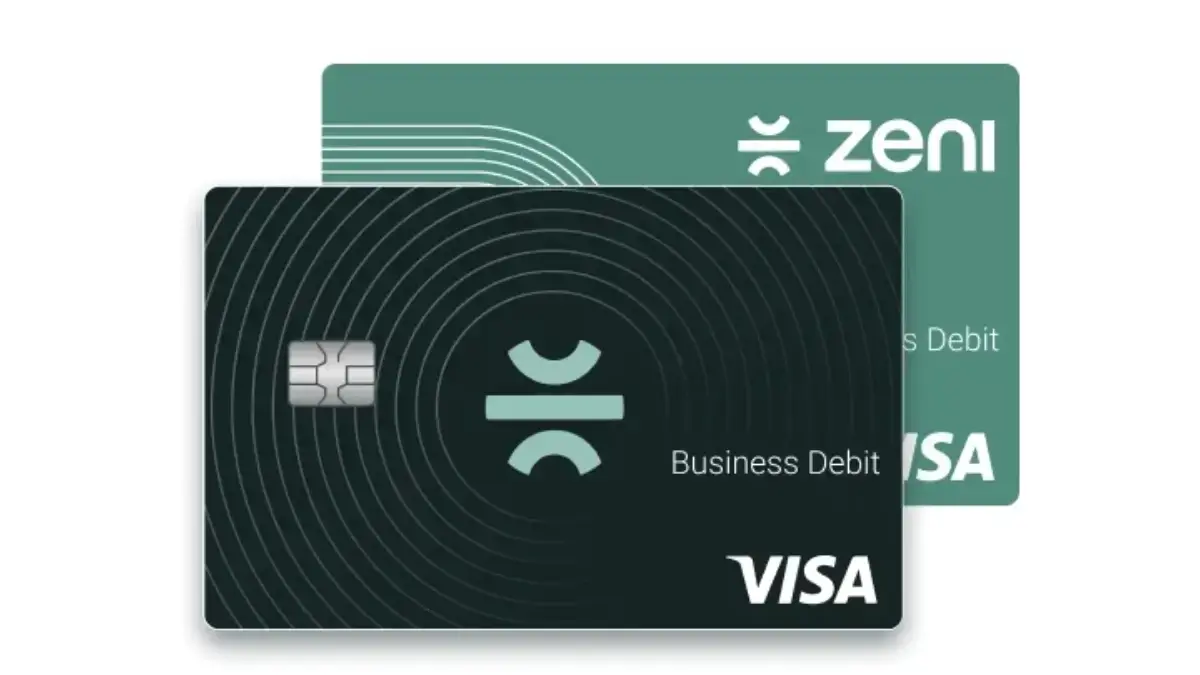
Kudos has partnered with CardRatings and Red Ventures for our coverage of credit card products. Kudos, CardRatings, and Red Ventures may receive a commission from card issuers. Kudos may receive commission from card issuers. Some of the card offers that appear on Kudos are from advertisers and may impact how and where card products appear on the site. Kudos tries to include as many card companies and offers as we are aware of, including offers from issuers that don't pay us, but we may not cover all card companies or all available card offers. You don't have to use our links, but we're grateful when you do!
Does Capital One Secured Card Report to Credit Bureaus
July 1, 2025


Quick Answer
Yes, Capital One reports your payment activity for the Secured Card to all three major credit bureaus—TransUnion, Equifax, and Experian. This regular reporting allows you to build a positive credit history with responsible use over time.
Capital One Secured Card and Your Credit
The Capital One Secured Mastercard is a credit-building tool that requires a refundable security deposit. This deposit, which can be as low as $49, $99, or $200, establishes your initial credit line. The card is designed for individuals with limited or damaged credit histories.
The primary product that appears on credit reports is the credit line itself. Capital One reports your account activity, including payment history and balance, to all three major credit bureaus. Consistent, on-time payments can help build a positive credit history over time, which may improve credit scores.
Does Capital One Secured Card Report to Credit Bureaus?
Yes, the Capital One Secured Mastercard reports your account activity to all three major credit bureaus: TransUnion, Experian, and Equifax. This includes positive information like on-time payments and negative marks like late payments, all of which directly impact your credit scores. Here are the specific reporting triggers:
- Account Opening: Your new secured card account is reported to the bureaus shortly after you open it.
- Statement Closing: Your balance and payment status are reported monthly after your statement closing date.
- Late Payments: Any payment that is 30 or more days late will be reported, negatively affecting your credit.
- Credit Limit Changes: Increases or decreases to your credit limit are reported, affecting your credit utilization ratio.
- Account Closure: Closing your account, whether by you or Capital One, is also reported to the credit bureaus.
Who Does Capital One Secured Card Report Credit Information to?
Capital One reports your credit information to the three major credit bureaus:
- TransUnion
- Experian
- Equifax
When does Capital One Secured Card Report to Credit Bureaus?
There isn't a universal date when Capital One reports your Secured Card activity to the credit bureaus. Instead, reporting is tied to your individual billing cycle. Capital One typically sends your account information to the three major bureaus—TransUnion, Equifax, and Experian—once per month, shortly after your statement closing date. Since this date varies from person to person, the exact day your credit report is updated will also differ.
How Reporting Can Affect Your Credit Score
Positive impact
- On-time payments: Consistent, on-time payments are reported to all three bureaus, building a positive payment history, the most important factor in your score.
- Credit utilization: Keeping your balance low relative to your credit limit demonstrates responsible borrowing and improves your crucial credit utilization ratio over time.
- Credit history length: Maintaining the account in good standing contributes to the average age of your credit accounts, which can gradually boost your score.
Potential negatives
- Late payments: A payment that is 30 or more days late can be reported, significantly damaging your payment history and lowering your score.
- High utilization: Regularly carrying a high balance close to your credit limit can negatively impact your utilization ratio and signal risk to lenders.
- Hard inquiry: The initial application for the card results in a hard inquiry, which can cause a minor, temporary dip in your credit score.
Tips for Managing Credit with Capital One Secured Card
Building a strong credit history takes discipline. Here are some actionable tips to help you manage your Capital One Secured Card effectively and improve your credit score.
- Always pay your bill on time each month. This is the most important habit for building a positive credit history and improving your overall score.
- Keep your balance low compared to your credit limit. Aiming for a credit utilization ratio below 30% shows lenders you can manage credit responsibly.
- Regularly monitor your credit score using tools like Capital One’s CreditWise. Tracking your progress helps you understand the impact of your financial habits over time.
- Set up automatic payments from your bank account to ensure you never miss a due date, helping you avoid late fees and negative credit report marks.
- Review your monthly statements carefully to track spending and catch potential errors. This helps you maintain financial control and spot fraudulent activity quickly.
Get More From Your Credit Cards
To get the most from your credit cards, Kudos is the top free shopping extension to use for your online purchases. Plus, we are currently offering a $20 reward after your first qualifying transaction with a Boost merchant; just use code "GET20" when you sign up for free.

Supercharge Your Credit Cards
Experience smarter spending with Kudos and unlock more from your credit cards. Earn $20.00 when you sign up for Kudos with "GET20" and make an eligible Kudos Boost purchase.
Editorial Disclosure: Opinions expressed here are those of Kudos alone, not those of any bank, credit card issuer, hotel, airline, or other entity. This content has not been reviewed, approved or otherwise endorsed by any of the entities included within the post.





























.webp)
.webp)
.webp)
%20(1).webp)
.webp)
.webp)


.webp)